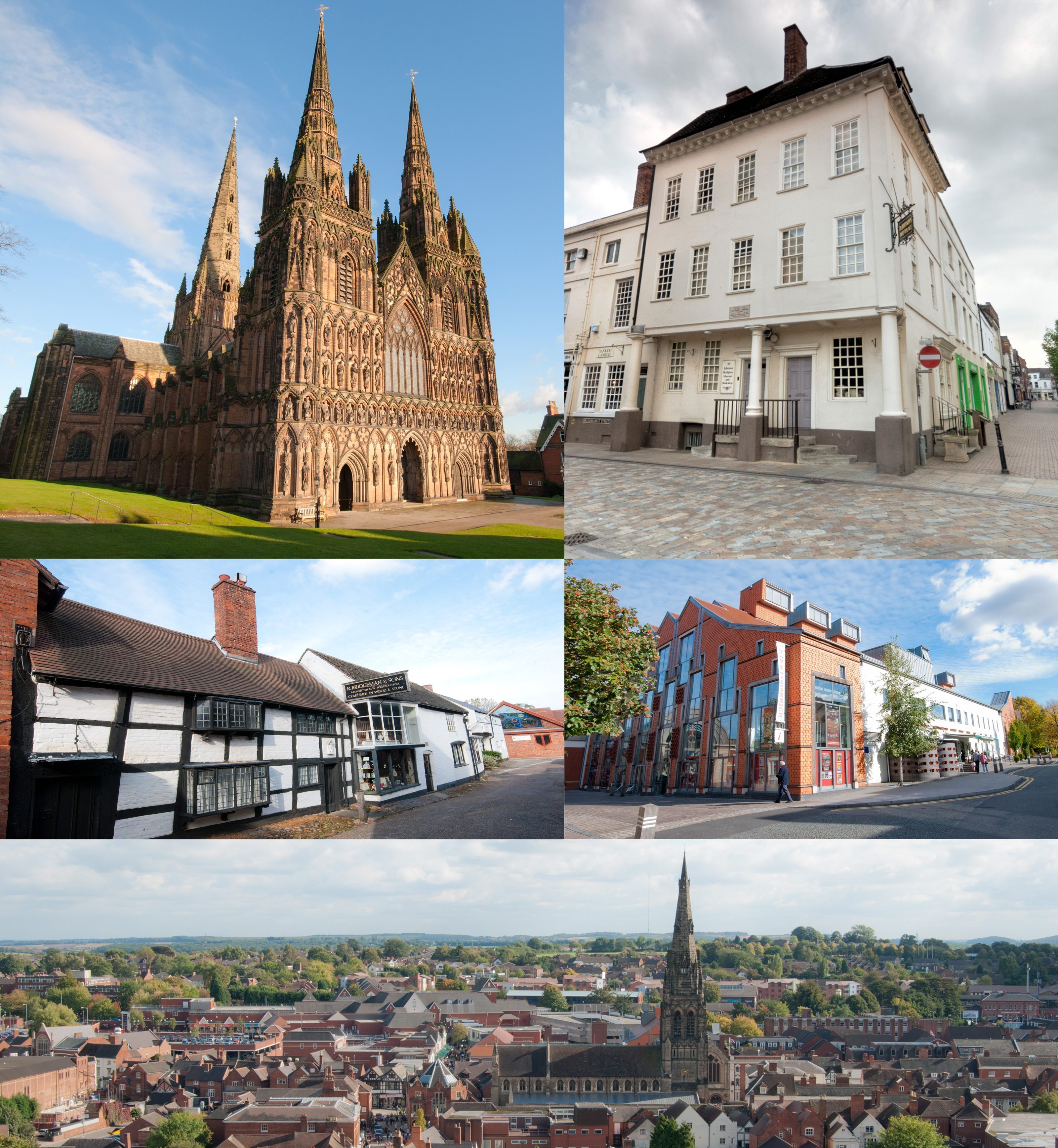SimplyFixIt, is one of the UK's top independent iPad repair specialists. Our head office is in Edinburgh, but we fix iPads for people all over the country, including in Lichfield. No matter your location, we can fix your iPad!
Why trust us with your iPad repair? Our Apple Certified Technicians deliver unrivalled quality, outshining local independent computer shops. With an impressive track record in the Lichfield area, we invite you to experience our top-tier service for all your iPad needs, especially iPad screen repairs.
Fast Repairs
Quality Components
Spread the cost
All Repairs Guaranteed
We understand the importance of your iPad, so we aim to return it within 48 hours of receiving it. At SimplyFixIt, we believe in precision over speed, but rest assured, your iPad will be in good hands. Once the repair, including any necessary screen repairs, is complete, we'll promptly notify you and arrange express delivery back to Lichfield, either your home or work.
Happy SimplyFixIt Customers near Lichfield
We do more than just fix iPads; our services include repairs for MacBooks, iPhones, and Windows laptops. If you're in the Lichfield vicinity, you're likely close to someone that we've helped in the recent past. Below is a map of the people1 near Lichfield who have used SimplyFixIt because of our fast, efficient, and high-quality repair service.
Ready for a seamless iPad repair experience? Choose your iPad below and follow the instructions. With SimplyFixIt, you're choosing reliability, quality, and peace of mind.
iPad Repairs for Schools in Lichfield 🎓
Do you have iPads in your school or college that are broken? We can help. We have partnered with hundreds of schools across the UK , including several near you - e.g. John Henry Newman Catholic College & Smith's Wood Primary Academy, to provide an easy & low-cost way to get iPads back into the classroom — where they belong. There's no need to pay for insurance, or pay Apple's exorbitant prices for iPad repairs. We know that you have enough to do as a teacher, so we look after collecting, fixing and returning the iPads from your school. Click here to visit the iPad Repair site for schools, where you can download our brochure or get more information.
Map of customers near you
1Please note that for data protection reasons, we've applied "fuzziness" to the location markers. Though not exact, these markers represent the general areas of our satisfied customers.

Not sure what model of iPad you have?
Enter your iPad's serial number below, or read our guide at what model iPad do I have?.
Check your Serial Number for free.
Choose an iPad
About Lichfield
Lichfield () is a cathedral city and civil parish in Staffordshire, England. Lichfield is situated 18 miles (29 km) south-east of Stafford, 9 miles (14 km) north-east of Walsall, 8 miles (13 km) north-west of Tamworth and 13 miles (21 km) south-west of Burton Upon Trent. At the time of the 2021 Census, the population was 34,738 and the population of the wider Lichfield District was 106,400.
Notable for its three-spired medieval cathedral, Lichfield was the birthplace of Samuel Johnson, the writer of the first authoritative Dictionary of the English Language. The city's recorded history began when Chad of Mercia arrived to establish his Bishopric in 669 AD and the settlement grew as the ecclesiastical centre of Mercia. In 2009, the Staffordshire Hoard, the largest hoard of Anglo-Saxon gold and silver metalwork, was found 4 mi (6.4 km) south-west of Lichfield.
The development of the city was consolidated in the 12th century under Roger de Clinton, who fortified the Cathedral Close and also laid out the town with the ladder-shaped street pattern that survives to this day. Lichfield's heyday was in the 18th century, when it developed into a thriving coaching city. This was a period of great intellectual activity; the city was the home of many famous people including Samuel Johnson, David Garrick, Erasmus Darwin and Anna Seward, prompting Johnson's remark that Lichfield was "a city of philosophers".
Today, the city still retains its old importance as an ecclesiastical centre, and its industrial and commercial development has been limited. The centre of the city has over 230 listed buildings (including many examples of Georgian architecture) and preserves much of its historic character.